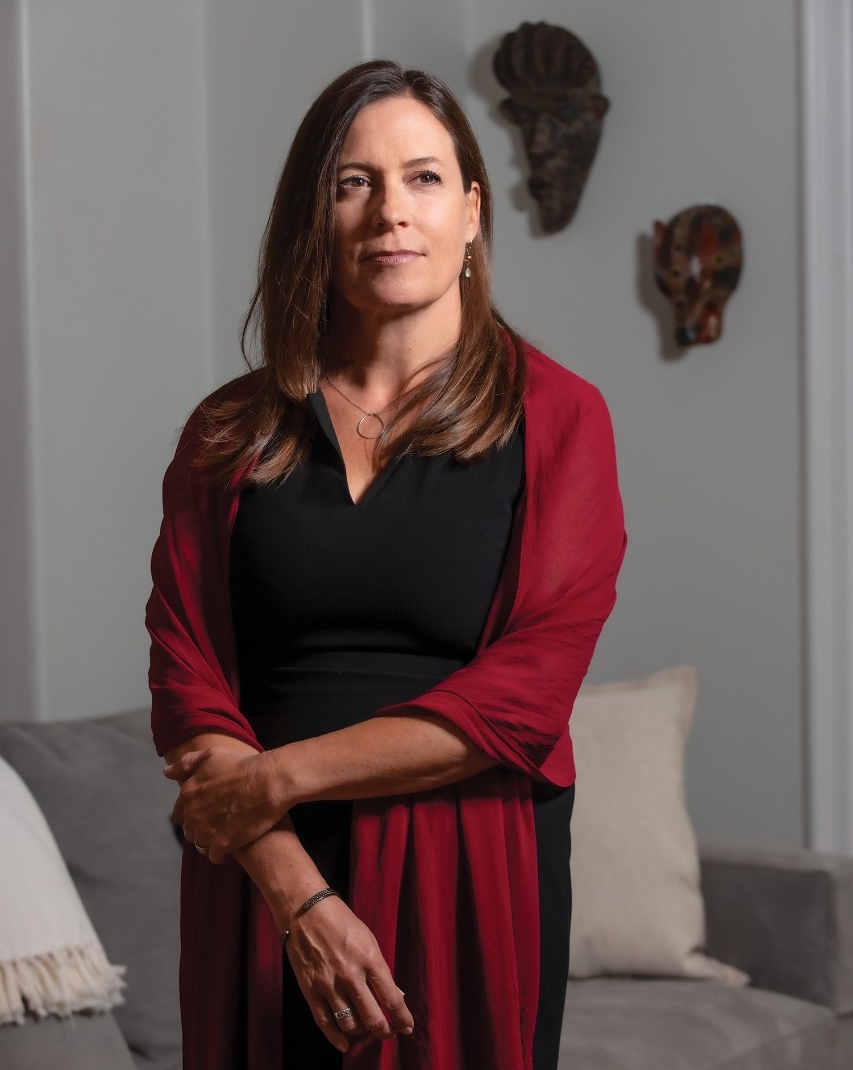The Boston College School of Social Work will assist efforts to provide mental health and family support for resettled Afghans in the United States, in partnership with a major resource hub for refugee service providers funded by the Office of Refugee Resettlement in the U.S. Department of Health and Human Services.
BCSSW’s Research Program for Childhood Adversity will collaborate with the University of Illinois-Chicago in assessing Afghan families’ needs, strengths, and challenges as they build new lives in the U.S. and identifying family support strategies that refugee service organizations can utilize. RPCA and UIC also will share findings about the psychosocial consequences of war and forced migration on children as well as the evidence for multi-level interventions, and provide guidance for culturally informed practice with Afghan families.
Such responses are vital, according to the researchers, at a time when more than 85,000 Afghans are in the U.S. after being evacuated from their country in the wake of the Taliban’s return to power in 2021, and many others are expected to arrive in the coming months—40 percent of them minor-aged children and adolescents. The acute trauma and dislocation endured by the refugees raises the risk of poor family functioning and mental health and psychosocial problems among resettled children.
Resettlement itself brings additional sources of stress and anxiety, note the researchers, such as economic pressures, legal status, access to education and health care, and the overall challenge of adjusting to life in a new country and markedly different society. This tends to compound familial challenges, creating the mental health risks for children.




